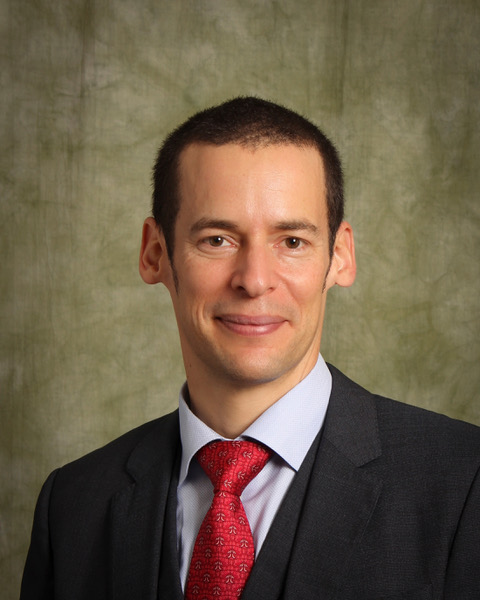Guest talk: Heterogeneity extends criticality by Carlos Gershenson
Time
Monday, 18. March 2024
15:45 - 16:45
Location
ZT 702
Organizer
Andreagiovanni Reina
Speaker:
Prof. Carlos Gershenson, State University of New York
While studying rank dynamics, we have found a universal pattern across a broad variety of phenomena: more relevant elements change their rank slower than the majority of elements. Our hypothesis was that this temporal heterogeneity provides a balance between robustness (slow) and adaptability (fast) similar to criticality, but without the need of fine-tuning parameters.
With this motivation, we have studied the effect of different types of heterogeneity (structural, temporal, and functional) in complex systems, and shown that each of these "extend" criticality. We have also used heterogeneity as a simple strategy to improve search algorithms. Several questions remain open: how to find "optimal" heterogeneity? What would be the effect of different types of heterogeneity on different types of collective behaviours? Can we use this understanding to guide collective behaviour?
Carlos Gershenson is a SUNY Empire Innovation Professor at the Department of Systems Science and Industrial Engineering, Thomas J. Watson College of Engineering and Applied Science, State University of New York at Binghamton. He is also an affiliated researcher at the Center for Complexity Sciences and Instituto de Investigaciones en Matemáticas Aplicadas y en Sistemas at the Universidad Nacional Autónoma de México (UNAM), where he was a research professor (2008-2023). He was a Visiting Scholar at the Santa Fe Institute (2022-2023), Visiting Professor at MIT and at Northeastern University (2015-2016) and at ITMO University (2015-2019). He was a postdoctoral fellow at the New England Complex Systems Institute (2007-2008). He holds a PhD summa cum laude from the Vrije Universiteit Brussel, Belgium (2002-2007). His thesis was on “Design and Control of Self-organizing Systems”. He holds an MSc degree in Evolutionary and Adaptive Systems, from the University of Sussex (2001-2002), and a BEng degree in Computer Engineering from the Fundación Arturo Rosenblueth, México. (1996-2001). He studied five semesters of Philosophy at UNAM (1998-2001).
He has a wide variety of academic interests, including artificial intelligence, complex systems, self-organization, artificial life, and philosophy of science, with applications to healthcare, transportation, governance, education, cybersecurity, and more.
He is Editor-in-Chief of Complexity Digest and member of the Board of Advisors for Scientific American. He has received numerous awards, including a Google Research Award in Latin America and the Audi Urban Future Award. He is a member of the Mexican Academy of Sciences and the Mexican Academy of Informatics. He has worked in consulting, software and web development, teaching at undergraduate and graduate levels, science communication, and journalism.

